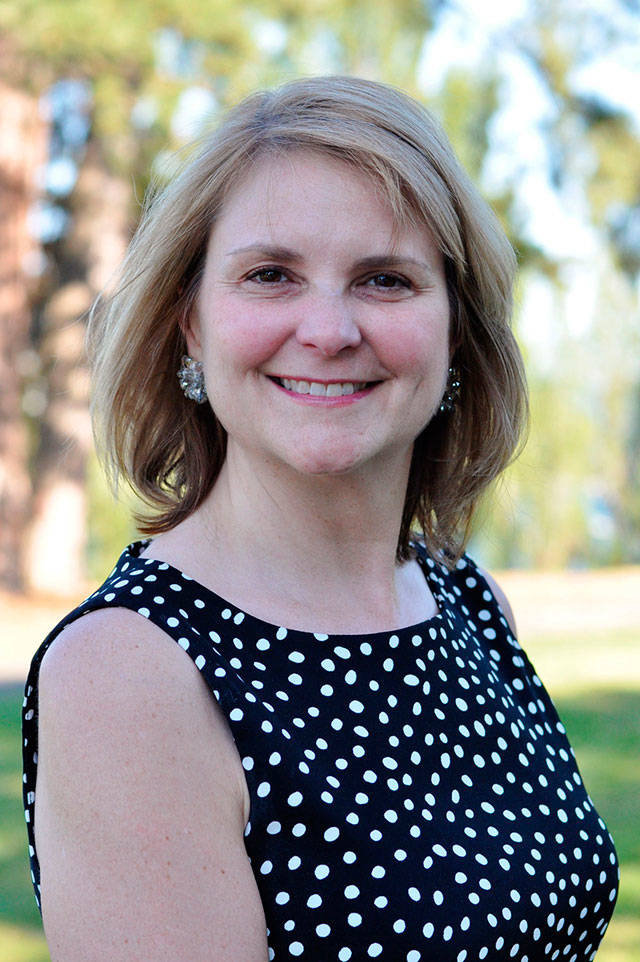By Danette Glassy
Special to the Reporter
One of the most frightening things I face as a pediatrician is when my families choose not to vaccinate their children. I know it is because they have been told things that are not true, or have read information from actually malicious sources. It is frightening because someday I will have a patient with a vaccine-preventable disease like measles. The current measles outbreak in Washington State has increased my worry.
Measles kills. Even with immediate access to great medical care. The 1989–1991 measles outbreak in the U.S. resulted in more than 55,000 cases and more than 100 deaths. For every 1,000 reported measles cases in the United States, approximately one case of encephalitis (brain infection that sometimes causes brain damage) and two to three deaths resulted. The risk for death from measles or its complications is greater for infants, young children, and adults than for older children and adolescents.
In the year 2000 measles was declared eliminated from the U.S. That means there were no cases of measles in the U.S. for at least 12 months. Unfortunately, that did not last. Since then the annual number of cases has ranged from a low of 37 in 2004 to a high of 667 in 2014. And with several outbreaks currently raging in many communities, 2019 is shaping up to top 2014.
Why do we have an outbreak now in Washington State? We lost our herd immunity. To prevent the spread of a highly contagious virus like this, 90-95 percent of eligible people need to be vaccinated. We do not have 90-95 percent of eligible people vaccinated anymore. And the more unvaccinated people you are around, the more vulnerable you and your family are. Even if you and your family are fully vaccinated.
Measles vaccine is very effective. After one dose (usually given at 12-15 months) 93 percent of people are fully immune. A second dose is recommended because then 97 percent of people are fully immune. About 3 percent of people who think they are immune are not. And babies younger than 12 months are all vulnerable. People with immune system problems or some with cancer are also not immune. That means parents who choose to not vaccinate their own children are not only endangering their kids, but also others who are vulnerable too.
Measles vaccine is very safe. The Food and Drug Administration (FDA) reviews every part of the development, effectiveness testing, and safety before a vaccine is licensed in the United States. The FDA will not license a vaccine unless it meets standards for effectiveness (how well the vaccine works) and safety. All of the testing and recommendations then are reviewed by the American Academy of Pediatrics (AAP), the Centers for Disease Control and Prevention (CDC), and the American Academy of Family Physicians. These groups with great integrity then may officially recommend a vaccine be given. Finally, the FDA inspects the places where vaccines are made to insure their quality.
There are many excellent websites that have information about vaccine safety, including the American Academy of Pediatrics (www.aap.org ), the CDC (www.cdc.gov ), Every Child by Two (an organization started by former First Lady Rosalynn Carter after the 1991 measles outbreak: www.vaccinateyourvamily.org ), the Immunization Action Coalition (www.immunize.org ), and the Vaccine Education Center, Children’s Hospital of Philadelphia (https://www.chop.edu/centers-programs/vaccine-education-center ).
For a credible list of studies showing the safety of the MMR (Measles Mumps Rubella vaccine) see https://www.healthychildren.org/English/safety-prevention/immunizations/Pages/Vaccine-Studies-Examine-the-Evidence.aspx .
#VaccinateYourKids #VaccinesSaveLives #VaccinesWork
Danette Glassy, MD, FAAP is part of the Mercer Island Pediatrics team.



